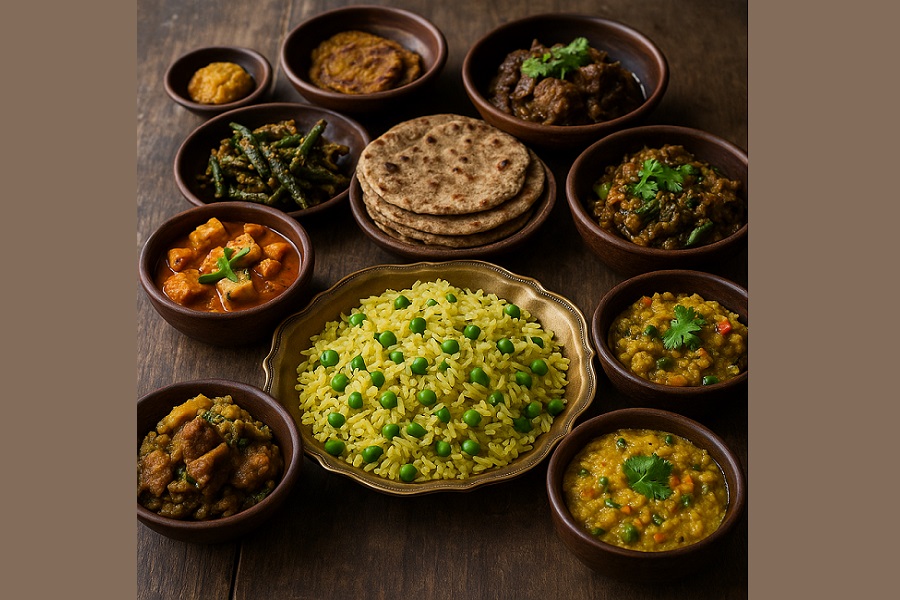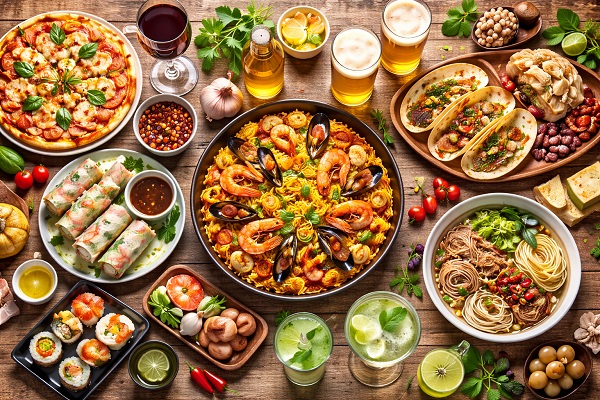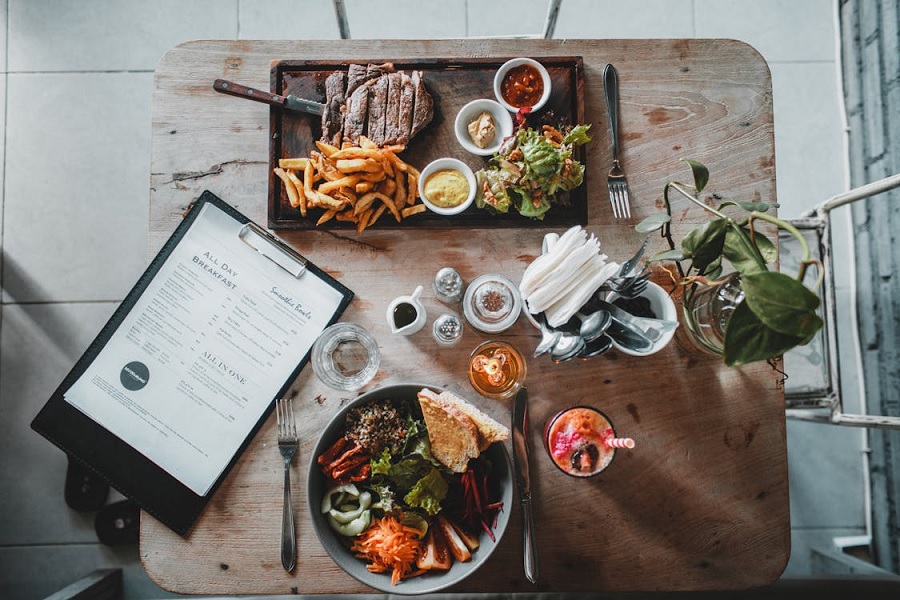Tasting Time: Exploring India’s Lost Recipes and Culinary Traditions

A journey through forgotten flavors, ancestral kitchens, and the soul of Indian culinary heritage.
In an era of fusion foods and Instagrammable platters, there’s a quiet culinary revolution gaining ground in India — one that seeks to revive lost recipes, age-old cooking techniques, and regional flavors that once defined Indian kitchens but have now faded from everyday dining. This movement is not just about food; it's a flavorful reconnection with India’s rich history, cultural diversity, and deep-rooted traditions.
Rediscovering Culinary History
Across India, chefs, culinary historians, and passionate home cooks are digging into manuscripts, temple cookbooks, royal archives, and oral stories to resurrect dishes that are centuries old. These recipes, passed down through generations or lost due to modern food trends, hold within them the essence of local ecosystems, seasonal eating, and sacred rituals.
Take for instance, "Bhutte ka Kees", a smoky corn preparation native to Madhya Pradesh. Once a staple during monsoon evenings, it vanished from urban menus. Thanks to local food bloggers and revivalists in Indore, it’s finding a second life in gourmet experiences and food tours.
From Royal Kitchens to Rural Hearths
Luxury hotels and boutique homestays are now curating themed culinary trails — be it the royal kitchens of Awadh serving Dum Pukht Nihari, the lesser-known Chhena Poda from Odisha, or the Pathiya Saapaadu (postnatal diet) of Tamil Nadu with its medicinal approach to wellness.
Even tribal cuisines — such as the smoked pork of Nagaland or Mahua flower recipes from Chhattisgarh — are stepping into the spotlight, revealing India’s biodiversity through its ingredients.
Culinary Tourism: A New Way to Travel
Today, foodies no longer chase only Michelin stars; they are equally intrigued by stories of grandmothers cooking in clay pots or temple kitchens preparing bhog in large handis. Food and beverage tourism in India is evolving — it’s immersive, emotional, and deeply sustainable.
Travelers are now opting for farm-to-table experiences, cooking workshops in heritage homes, and food history walks in old city lanes — turning every meal into a cultural encounter.
The Future of Flavorful Heritage
This culinary revival not only protects India’s intangible food heritage but also empowers local communities, sustains regional biodiversity, and educates the next generation about mindful eating.
As India reclaims the forgotten recipes that once danced on royal tables or simmered in village kitchens, it invites the world to taste not just its food, but its soul.
























